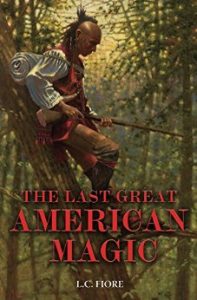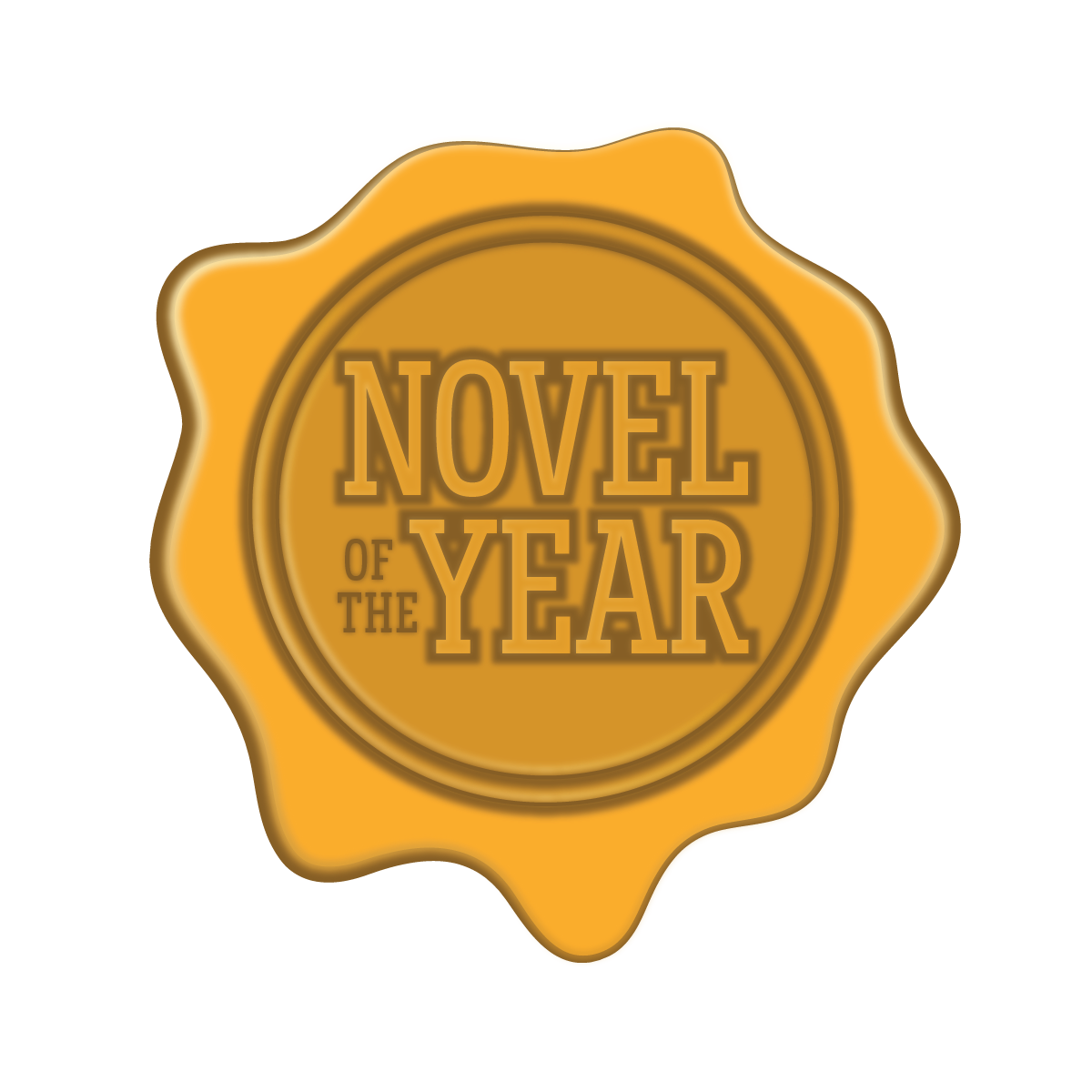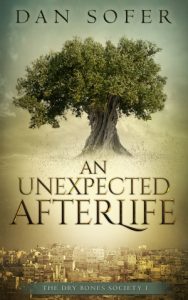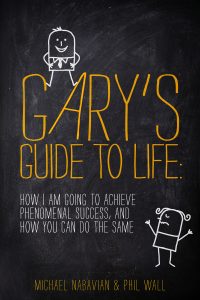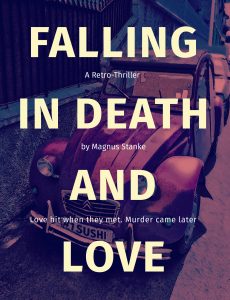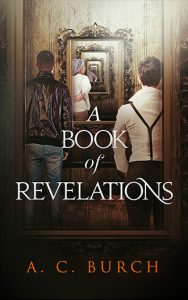The Rundown
The Recommendation
The Rating
The Links
The Reviewer
Yvonne Lieblein
Visit Yvonne Lieblein‘s website.Traci L. Slatton, international best-selling author and founder of Pavrati Press, takes us on a creative journey -- from taking editorial notes on a Stairmaster, to supporting artists through her podcasts and publishing endeavors, to imagining which books she would inhabit if she could step into their stories.
YVONNE: You’re involved in so many creative endeavors that I’m sure there’s nothing cookie cutter about the landscape of each week, but give us a an idea of what a day in the life of Traci Slatton is like — how you decide what’s on the front burner, ways you replenish your mind/body/spirit, what fuels your creativity, etc.
TRACI: Wonderful question, Yvonne! During the school year, I’m up by 6 o’clock because my 10 year-old daughter takes a 7:15 school bus. I tumble out of bed to fix her breakfast and my coffee. We discuss her day, her backpack and of course, her hair. She’s at that age when she’s sliding up into the teenage fascination with her own appearance. Then I wave good-bye as my husband Sabin takes her to the bus stop.
I like to print out the last 30-50 pages of whatever novel I’m working on and bring them to the gym. I enjoy re-reading and editing my work while I’m on the elliptical trainer or Stairmaster. Blood rushing through my brain seems to sharpen my focus and prompt inspiration. My Spotify playlist runs, and my bright pink Sharpie is tucked behind my ear as I take editorial notes.
After the gym, I usually spend about 2 - 3 hours doing administrative stuff. Sabin is a classical figurative sculptor (sabinhoward.com), and I do all his tech work, including building his websites and setting up his webinars. I also work on Parvati Press business, which may include emailing authors or coding eBooks. I take care of details for my weekly BlogTalkRadio show Independent Artists & Thinkers. I often spend some time on marketing and promoting my books, which may include anything from sending out book review requests to online bloggers to canvassing for other opportunities to bring my works to public attention. I may also work on a piece for the Huffington Post.
I write in earnest after lunch. A few months ago I took up Scrivener as a tool for writing, and it is marvelous. It keeps track of words written and lets me know when I’ve reached my target of 1,500. I actually aim for 2,000 words, but prefer to give myself some leeway. I’ve written about Scrivener in my blog.
Some days I jump away from my desk at 3:30 to run to meet my daughter at the bus stop. If she has an afterschool activity, I get a little longer to write. When she’s home, I make her a snack and discuss her day, which girls are arguing, and what the teachers said—other moms will recognize that hour.
By around 4:30 or 5, my brain is green Jell-O. It’s time for physical activity. I roll out my yoga mat and do an online YogaGlo class while my daughter does homework, reads, etc.
This is a basic template for me, though, as you noted, every day is a little different. Some days there are concerts, assemblies, or conferences at school. I almost always eat lunch at my desk and despite my years of working in a home office, I’ve never watched so much as 5 minutes of daytime television.
I have a practice of meditation, and I know the rewards are cumulative but it’s not as regular as I’d like. Still, I try to squeeze in 5-20 minutes of meditation. And there are the usual mom/wifely responsibilities: shopping, laundry.
I read a lot at night, and books, yoga, meditation, walking, spending time with Sabin and my daughter and my friends, and travel are what sustain and nurture me.
YVONNE: FALLEN is the first novel in your award winning dystopian After series. Did you know you were embarking on the creation of a series when you started writing FALLEN or did the series evolve as you wrote FALLEN into being?
TRACI: I did not know it would be a series when I started writing FALLEN. After IMMORTAL, I worked on a few projects. One day, when I was daydreaming—an important part of my creative process—I had a flash of a man and a woman, both very strong, walking away from each other. They were in love but could not be together, and behind them was a ruined world. That flash led me into FALLEN, and somehow each book led into the next. Before I started writing the third book, I thought After was a trilogy and FAR SHORE would be the end. But, the story wasn’t complete, hence BLOOD SKY.
YVONNE: Independent Artists & Thinkers is your BlogTalkRadio podcast that "illuminates the unusual journey” by offering listeners models of unconventional thinking. What inspired you to create this series, and how does producing and hosting it inform your writing/ creative life?
TRACI: I had three primary motivations for this podcast series -- to raise awareness of me as an author and of my book, to offer models of out-of-the-box lives as inspiration for other people, and to support unconventional artists and thinkers—people who are trying to accomplish non-ordinary goals.
YVONNE: The cover of your book HOW TO WRITE, PUBLISH, AND MARKET YOUR BOOK, YOURSELF INDEPENDENTLY describes it as a “Manual for the Courageous and Persistent.” I’d like to add that it’s a gem, a true gift to writers. What’s one thing you’d like every author considering self-publication to know?
TRACI: Thank you for the good words, Yvonne! The one thing I’d tell every author who wants to go this road is PRODUCTION VALUES MATTER. The quality of your book is dependent on good editing and revision and then excellent copyediting and a first-rate cover. Don’t skimp on editing: hire a professional editor who makes his or her living from editing to edit your manuscript. It’s essential. It’s non-negotiable. Pay for topnotch copyediting. And then hire a good, experienced book cover designer, because that cover is 120% of your marketing.
YVONNE: If you could step into the pages of any book to experience the story — either as a character or being yourself — which book would you choose & why?
TRACI: Oh, Yvonne, my book or another author’s? To begin, let me say that story is conflict and obstacle. One of my definitions of story is “story is how your main character does NOT get what he or she wants.” So stepping into a story means I would step into that, and I really, really want to avoid that kind of frustration. I find that I’m more creative and productive with peace around me. The more bland and tranquil my exterior life is, the more elemental, spicy, and protean my fiction is.
That said, I guess I’d step into the world of THE LOVE OF MY (OTHER) LIFE, if we were talking about one of my books. That story revolves around traveling to alternative universes, and the tagline is, What worlds would you move to be with your soul mate? So that’s a question that intrigues me.
If you meant another author’s book, then I’d have to say WHOM THE GODS WOULD DESTROY by Richard Powell. I’ve loved that novel since I was a little girl. It’s about a dispossessed boy named Helios who grows up to fight on both sides of the Trojan War. Wonderful book, terrific story. Love it, love it, love it.
Visit the author’s website
More about Interview with Traci L. Slatton by Yvonne Lieblein
HOW TO WRITE, PUBLISH, AND MARKET YOUR BOOK, YOURSELF INDEPENDENTLY


